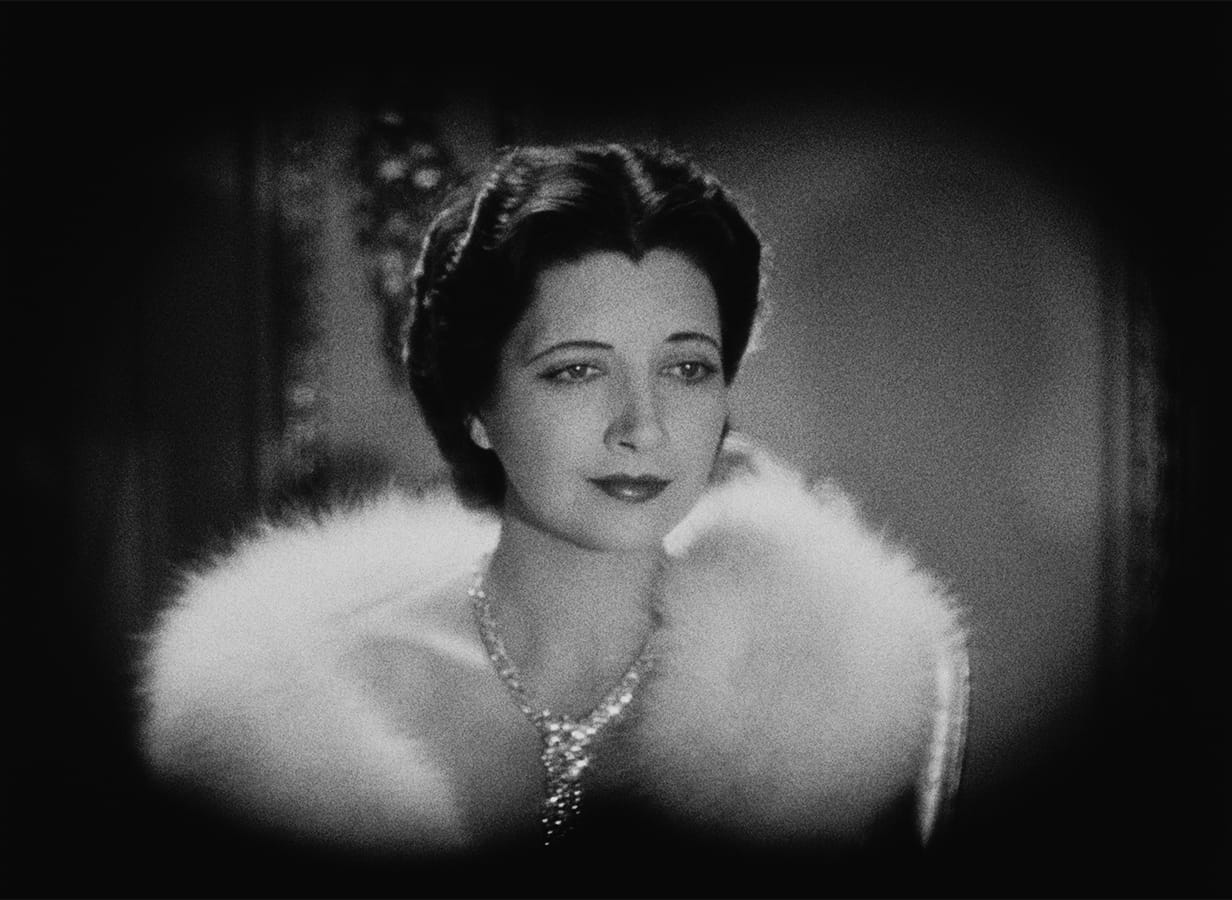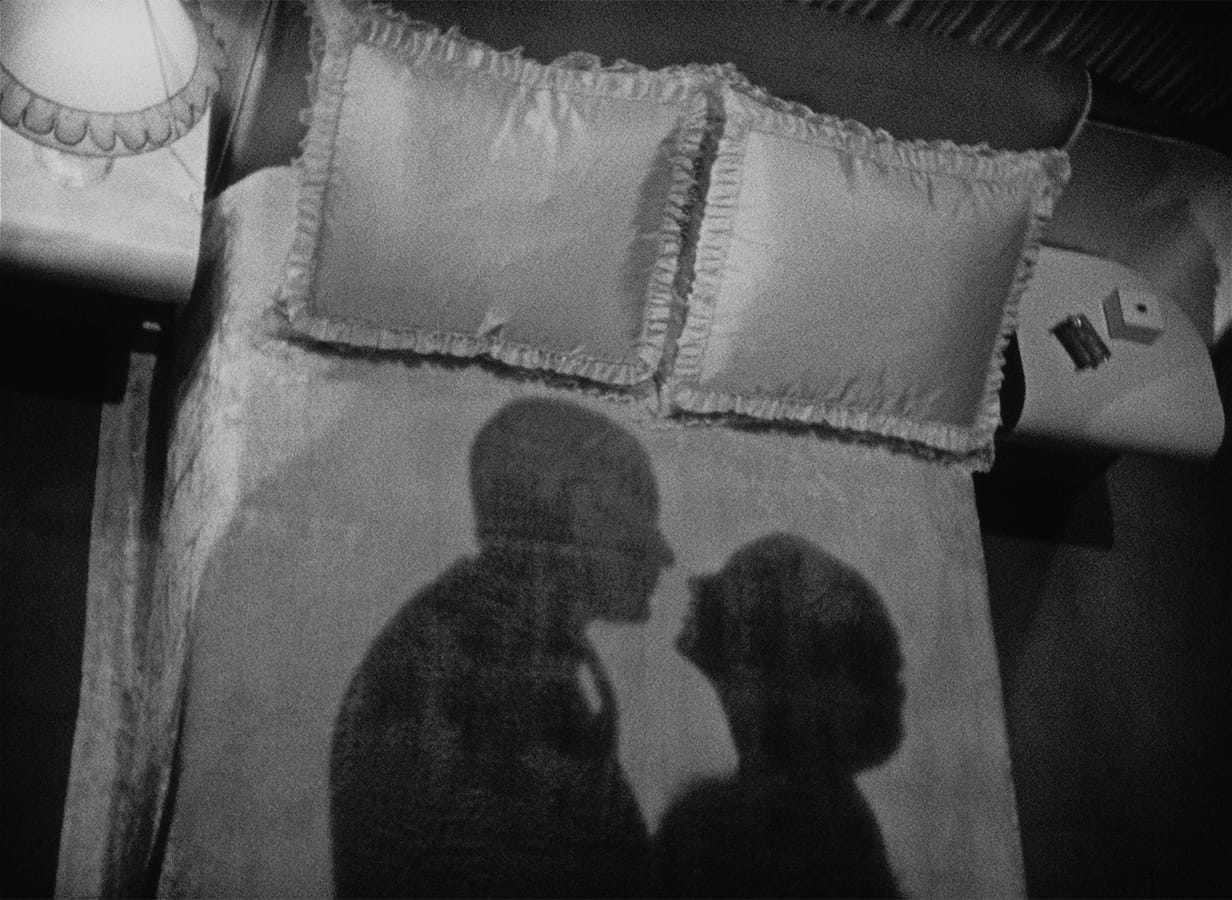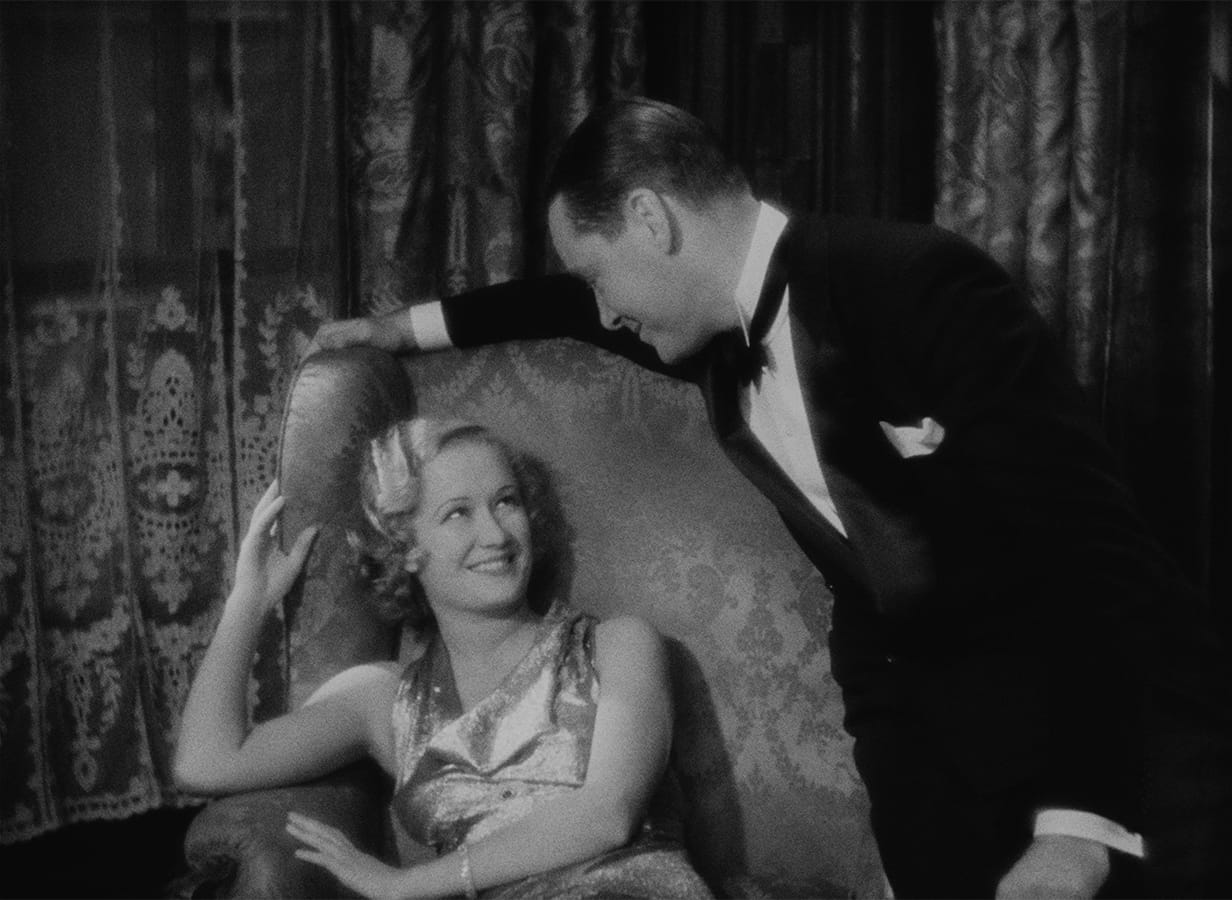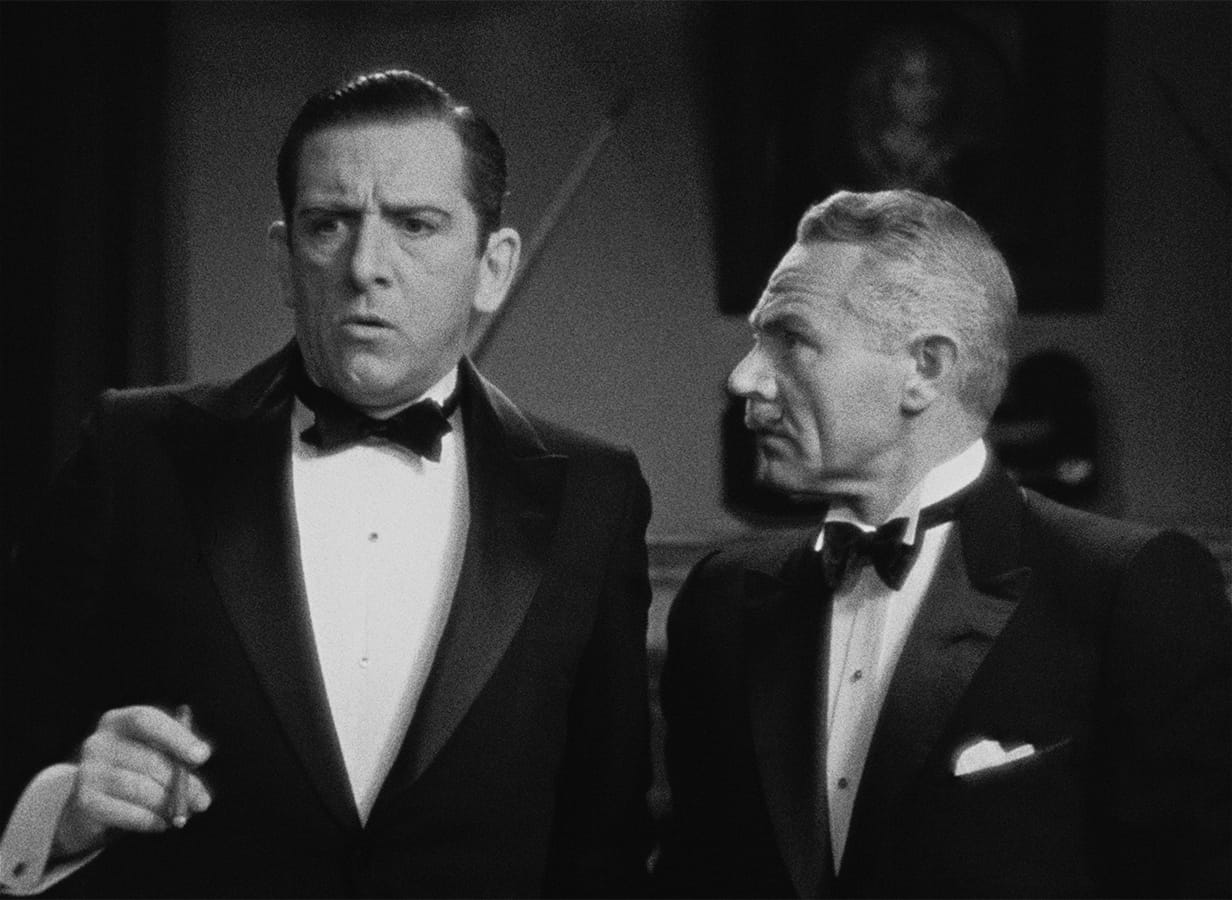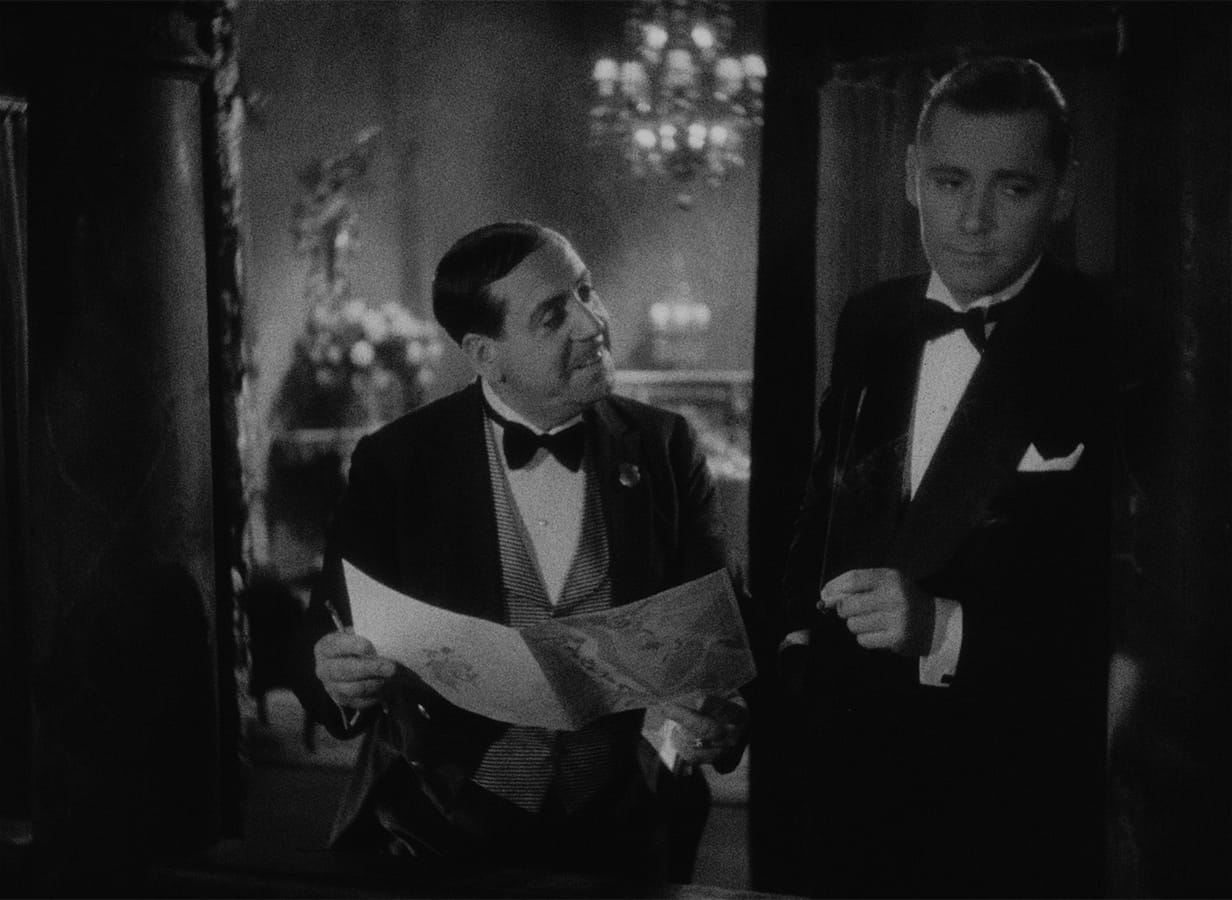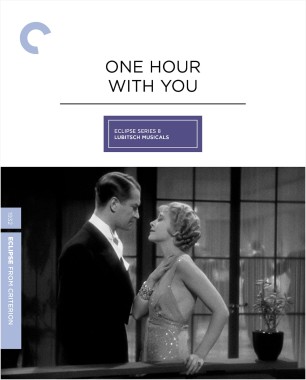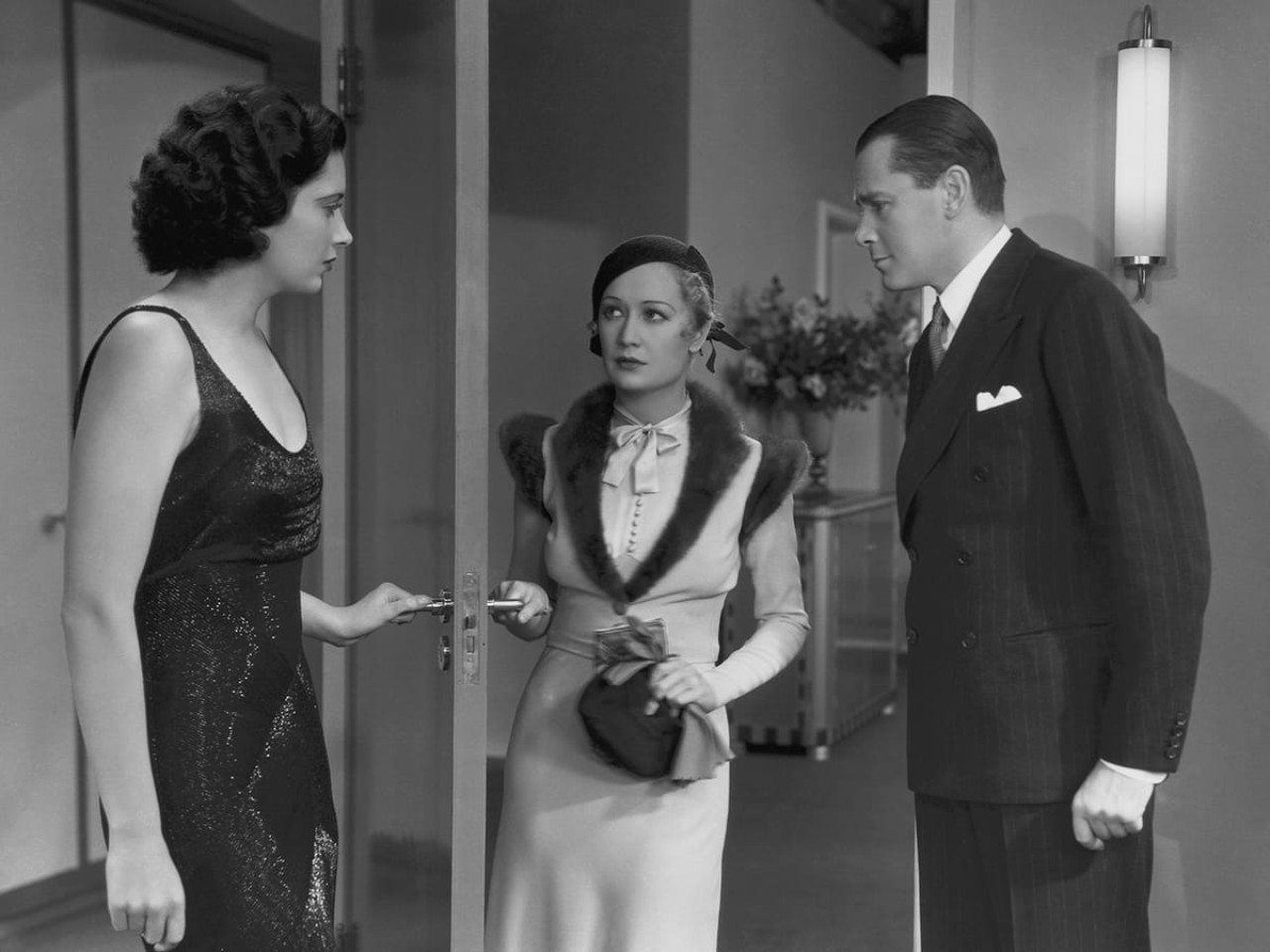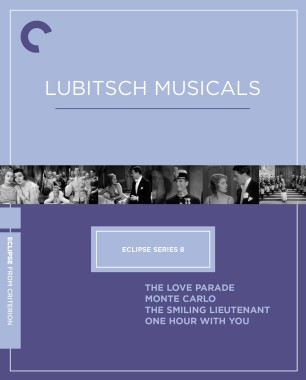Trouble in Paradise
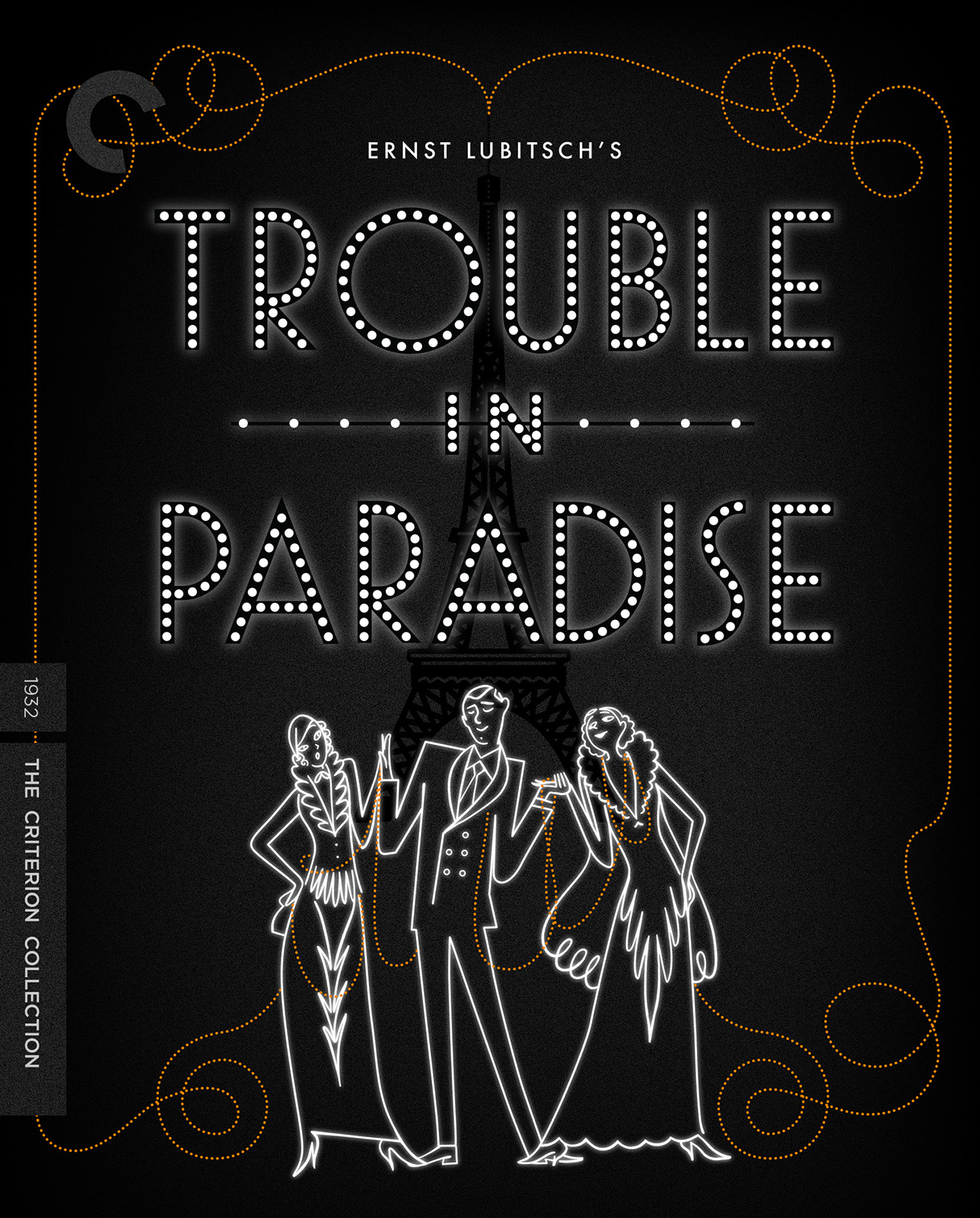
Ernst Lubitsch’s famed touch is on exquisite display in this sexy pre-Code jewel, glittering with witty innuendo and elegant comic invention. It’s love at first swindle when high-society thief Gaston Monescu (Herbert Marshall) and pickpocket Lily Vautier (Miriam Hopkins) cross paths amid the canals of Venice while attempting to con each other—and then it’s off to Paris, where the pair meet their match in their latest mark, the très chic Madame Colet (Kay Francis), whose fabulous fortune is exceeded only by her powers of seduction. With its delightfully risqué dialogue, swoonworthy couture, and high deco style, Trouble in Paradise is a pinnacle of comic-romantic sophistication that fizzes like the finest champagne.
4K UHD + BLU-RAY SPECIAL EDITION FEATURES
- New 4K digital restoration, with uncompressed monaural soundtrack restored by the UCLA Film & Television Archive and The Film Foundation, with funding provided by the Hobson/Lucas Family Foundation
- One 4K UHD disc of the film and one Blu-ray with the film and special features
- Audio commentary featuring Scott Eyman, biographer of director Ernst Lubitsch
- Introduction by filmmaker Peter Bogdanovich
- New video essay by critic David Cairns
- English subtitles for the deaf and hard of hearing
- PLUS: An essay by critic Farran Smith Nehme
New cover by Simone Massoni
4K UHD + BLU-RAY SPECIAL EDITION FEATURES
- New 4K digital restoration, with uncompressed monaural soundtrack restored by the UCLA Film & Television Archive and The Film Foundation, with funding provided by the Hobson/Lucas Family Foundation
- One 4K UHD disc of the film and one Blu-ray with the film and special features
- Audio commentary featuring Scott Eyman, biographer of director Ernst Lubitsch
- Introduction by filmmaker Peter Bogdanovich
- New video essay by critic David Cairns
- English subtitles for the deaf and hard of hearing
- PLUS: An essay by critic Farran Smith Nehme
New cover by Simone Massoni

Cast
- Miriam Hopkins
- Lily Vautier
- Kay Francis
- Mariette Colet
- Herbert Marshall
- Gaston Monescu
- Charles Ruggles
- Major
- Edward Everett Horton
- François Filiba
- C. Aubrey Smith
- Adolph J. Giron
- Robert Greig
- Jacques
Credits
- Director
- Ernst Lubitsch
- Produced by
- Ernst Lubitsch
- Screenplay by
- Samson Raphaelson
- Adapted by
- Grover Jones
- From a play by
- Aladár László
- Director of photography
- Victor Milner
- Music by
- W. Franke Harling
- Lyrics by
- Leo Robin
- Gowns by
- Travis Banton
- Art director
- Hans Dreier
- Sound by
- M. M. Paggi
A scene from Trouble in Paradise
